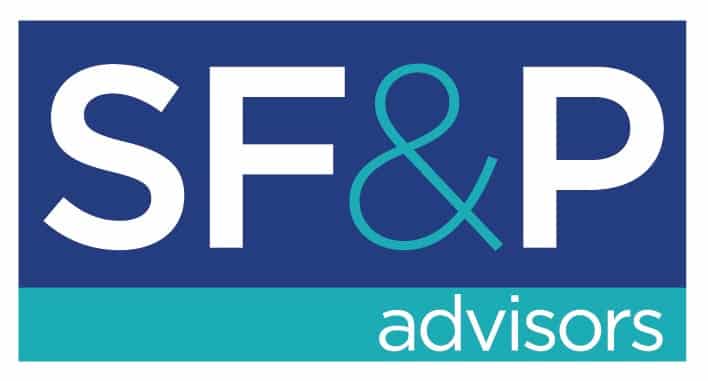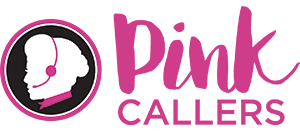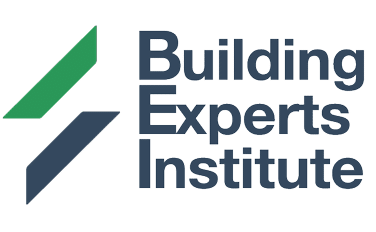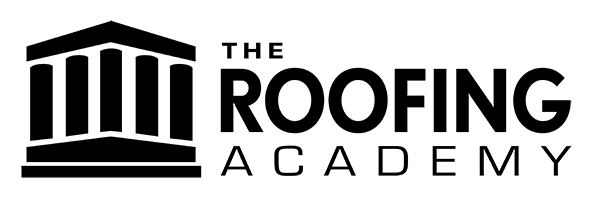Most SEO resources and explanations are long and complex. Instead of laying everything out in a simple manner, they get into the weeds, making SEO more complicated than it actually is.
As a result, people may end up with a blurred understanding of SEO, leading them to focus on the wrong things.
This article is a quick SEO crash course that will give you a solid, basic understanding of SEO in under 5 minutes.
Let’s dive in.
What is SEO?
SEO stands for “search engine optimization.” It’s the process of increasing the performance of a website to show up higher in [Google] search engine results, as well as increasing the number of people clicking into a website.
We break this process down into 3 categories:
- Content – creating and/or optimizing content that will make your web pages show up high in search engines.
- Linking – getting other websites to reference and link to your website. Also, links from your pages to other pages inside your site.
- Technical – Includes both making a website perform better and making it easier to understand for people and search engine algorithms.
How do search engines work?
First, a quick note on search engines, mainly Google. Search engines have 3 important functions:
- Crawl – Google crawls billions of pages to see which pages exist.
- Index – Google decides what a page is about and stores it in its database. The content is now able to be shown on the search engine results page (SERP).
- Rank – Google uses many factors to determine which content to show when a query is searched. We want our content to be chosen by the mighty Google gods!
Google explains this process more here.
Most SEO’s focus on Google optimization since Google accounts for about 90% of searches on the internet. Also, SEO’s focus on getting pages ranked near the top of the page since about 75% of clicks go to the top 3 results in Google.
Content
Content typically means text as a blog post or service page, but it can also include audio, images, & video which has become very popular and powerful. Here’s what to know about content:
- Keyword research – The foundation of SEO. Keyword research includes using tools such as Google Keyword Planner or Ahrefs to find keywords that have high search volume, and relatively low difficulty, which makes them easier to rank.
- Intent – Now that you have keywords, you must find what the intent behind the keyword, or the “why” of the search. Is the person looking to buy, or just for information? The 4 types of intent are: informational, navigational, transactional, & commercial.
- Competitor Analysis – This involves analyzing competitors and seeing what keywords they are ranking well for, and what content is winning for them. This is huge in figuring out what content to create and how to beat the competition.
Linking
Link building is the process of getting other websites to link back to your website. Googles algorithm views a link back to your site as a vote of authority and validation of a quality resource. Here’s what to know about links:
- Types of Links – The 3 types of links are natural, manual, and purchased.
-
-
-
- Natural – editorial links where your page or content was used as a resource without you having to ask. This is the best-case scenario link.
- Manual – a link created by you asking a website if they would link to your resource or page. These are good, but take a lot of time and work.
- Purchased – you pay a website to insert your link into their site. These are controversial & Google views these as manipulation and may penalize your site or devalue the link. Although, if the link isn’t spammy, and the content is relevant and useful to the site’s audience, these can be an option.
-
-
-
- Internal Linking – this gives Google an idea of the structure of your site and the importance of certain pages and can pass along “link juice” from page to page.
For more on links check out our guide -> What is a Backlink? And How Do You Get a GOOD One?

Technical SEO
Search engines want to present people with the best possible user experience in their search results. Here are the most important technical SEO factors:
- Crawlability – the site is laid out well, has as robot.txt & sitemap, good internal link structure, etc.
- Speed – the site loads fast which greatly affects user experience and bounce rate.
- Security – the site should have HTTPS, which secures the data transfer on your site.
- Structured Data – code that gives search engines more context on what is on the page.
- Mobile-Friendly – about 60% of searches are from a phone. Make sure the mobile version of a site looks good & functions well.
- Duplicate & Thin Content – make sure pages have at least 700 words and content & keywords aren’t duplicated on multiple pages.
This certainly doesn’t cover all aspects of SEO, but it’s what you should know to get started.















